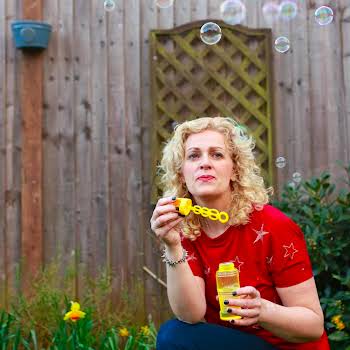How Irish businesses are providing supports for employees experiencing domestic abuse
By Sarah Gill
13th May 2022
13th May 2022
Joining a handful of Irish businesses who have already enacted domestic violence policies, Bank of Ireland will provide both financial and non-financial support to colleagues experiencing domestic abuse.
Bank of Ireland’s newly introduced Domestic Abuse Leave Policy will provide a range of supports to employees and colleagues experiencing domestic abuse, including paid leave, salary advances in emergency situations, and an increased level of flexibility.
Having partnered up with Women’s Aid in the drafting of the policy, Bank of Ireland staff will be trained in recognising signs and symptoms of abuse, as well as guidance on appropriate actions to be taken where a member of staff comes forward with their own experience of domestic violence.
Economic control is an all too common factor within domestic abuse, which this policy aims to help combat by introducing employees to a financial adviser when required. Helping to regain financial control, restructure debts and safeguarding the person who may be experiencing domestic abuse.
In a research study published last year, the Centre for Global Women’s Studies at NUI Galway “quantified the impact of domestic violence on productivity loss with women on average missing 7 to 15 days of work and being less productive for an additional 5 to 10 days.”
While tackling the prevalence of domestic violence requires a societal response, Irish employers are recognising it as a workplace issue and responding accordingly. A number of Irish universities, Vodafone and Danske Bank have already put their own policies in play relating to domestic violence, providing employees with greater independence, security and the support required to escape the situation.
Ireland is poised to follow in the footsteps of New Zealand, Australia and a number of Canadian provinces in the provision of paid leave for those experiencing domestic abuse. The Organisation of Working Time (Domestic Violence Leave) Bill is set to establish a statutory entitlement to ten days paid leave.
While it awaits government approval, the bill has been drafted and is hoped to be enacted into law soon. Until such time, businesses like Bank of Ireland are taking the steps required to ensure that work can be a safe space for all staff, committing themselves to being a confidential, helpful support where needed.
Women’s Aid operate a 24-hour national freephone helpline at 1800 341 900, with additional services available view their website at www.womensaid.ie.























